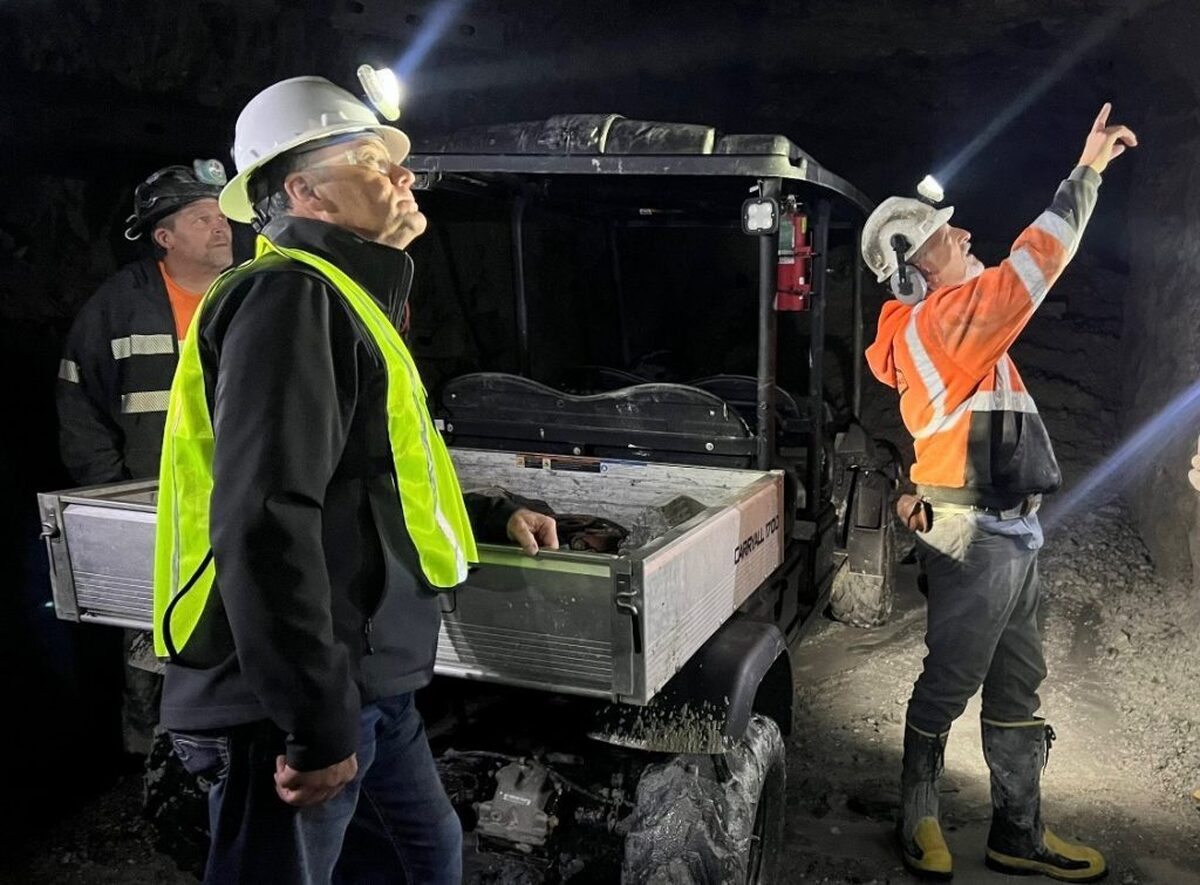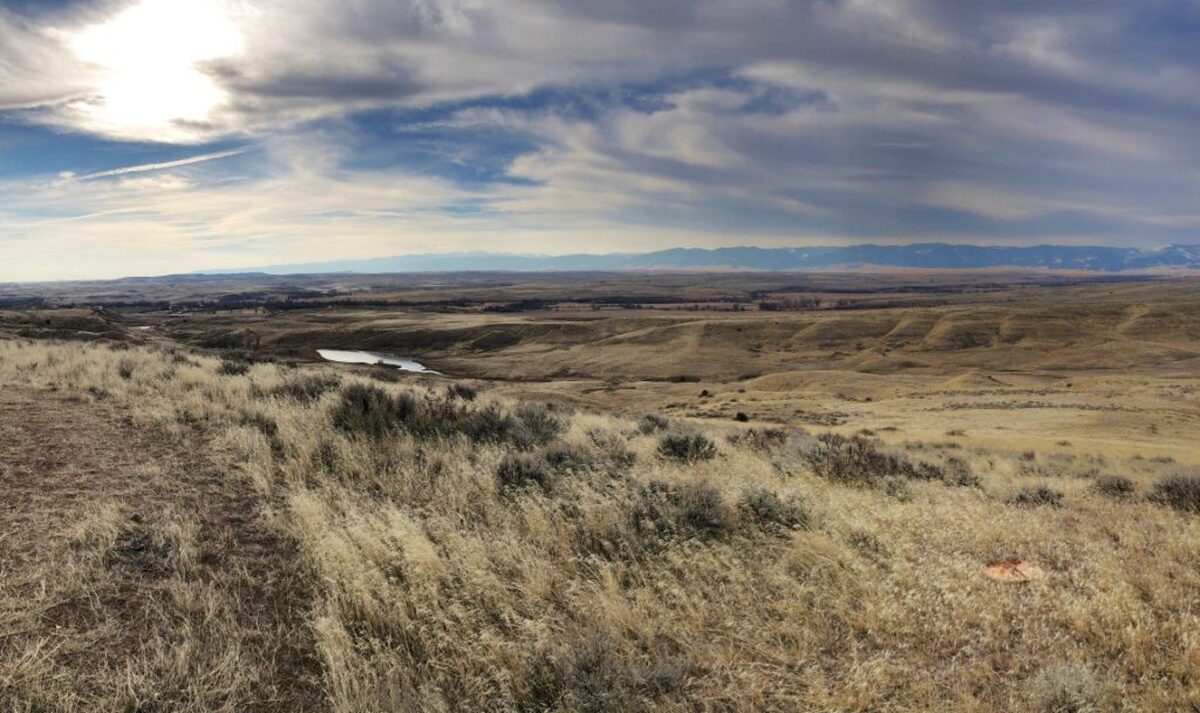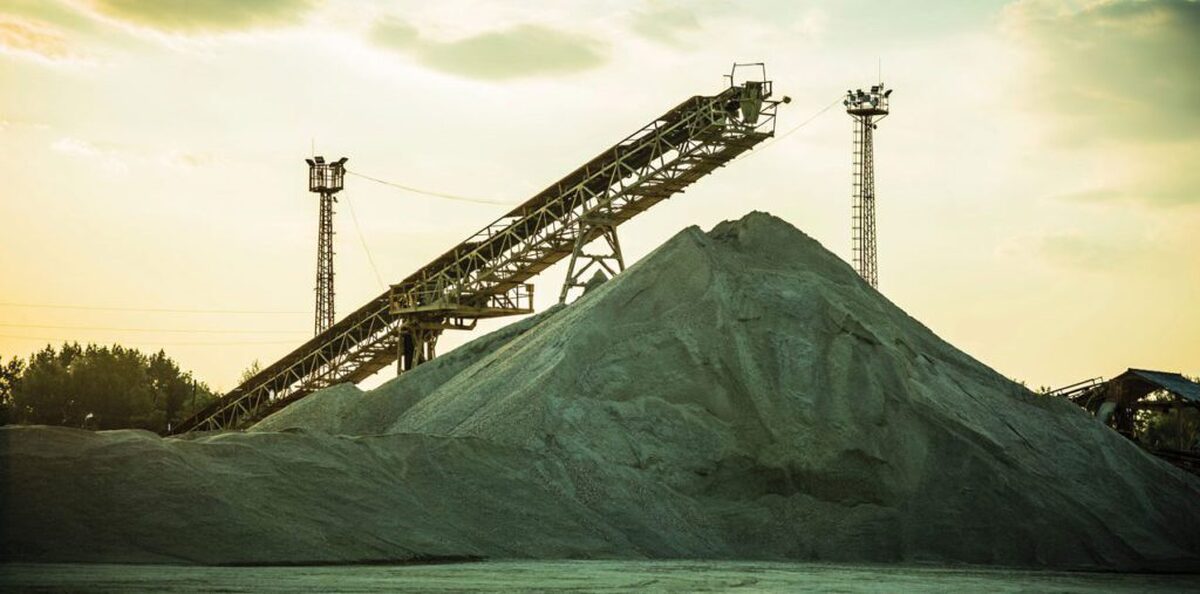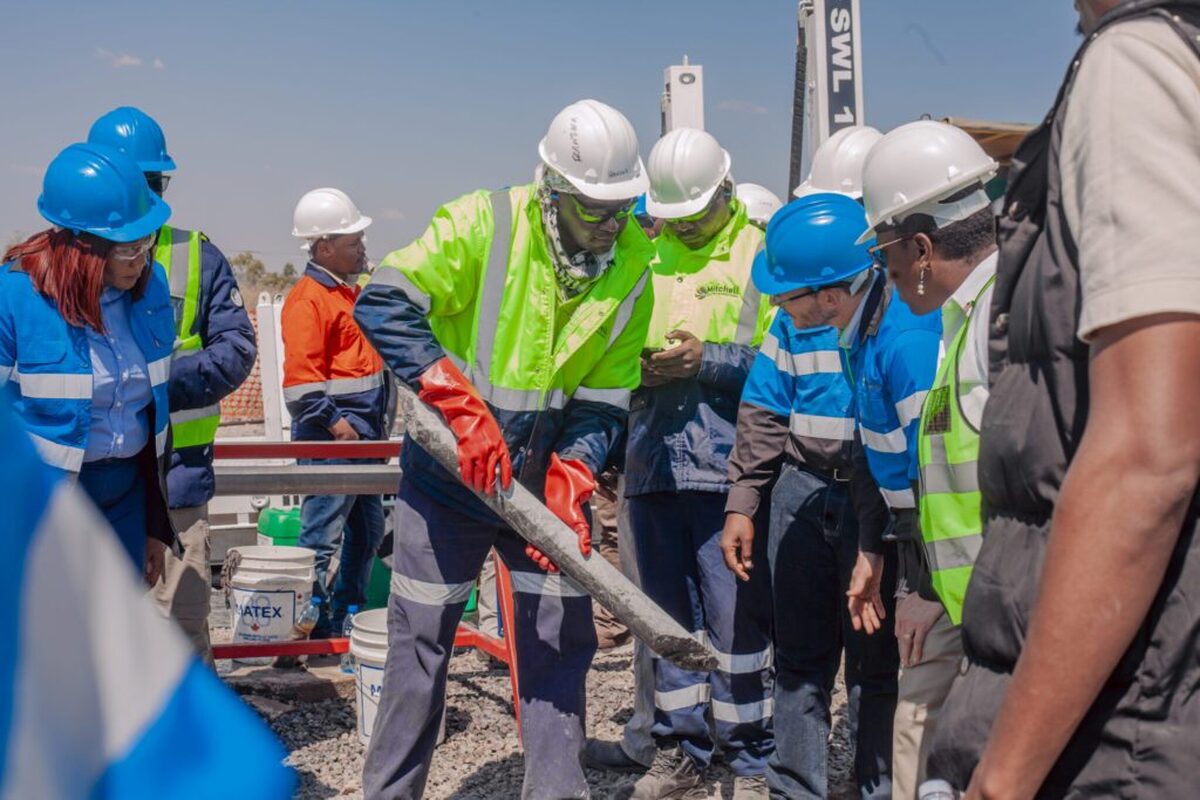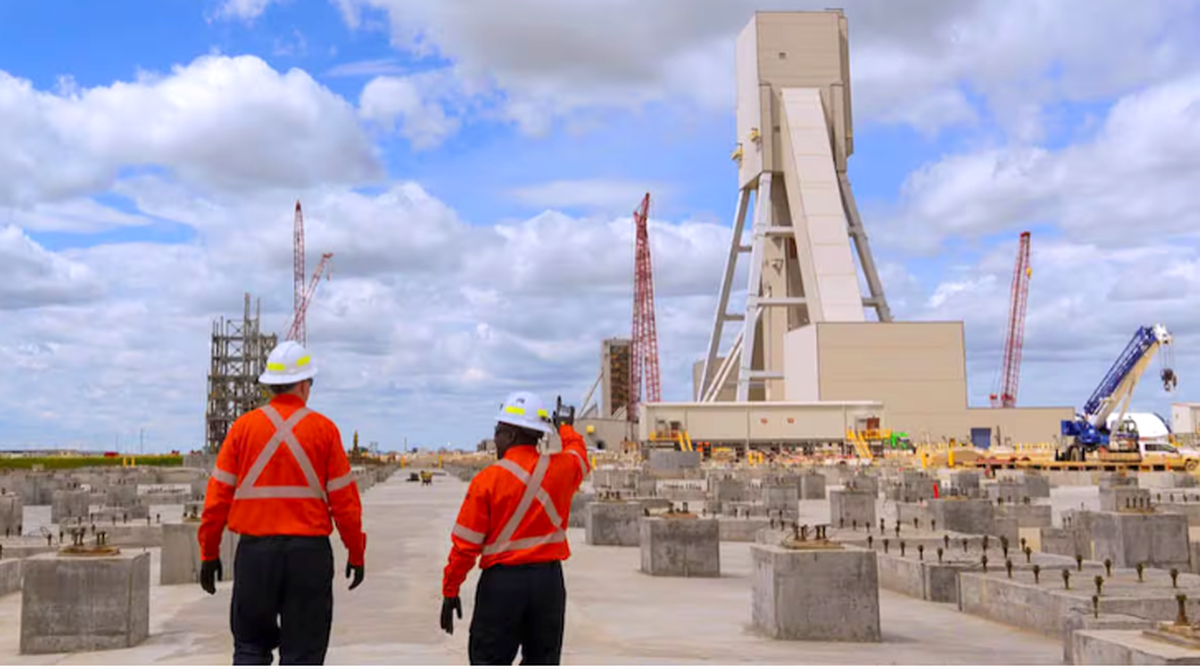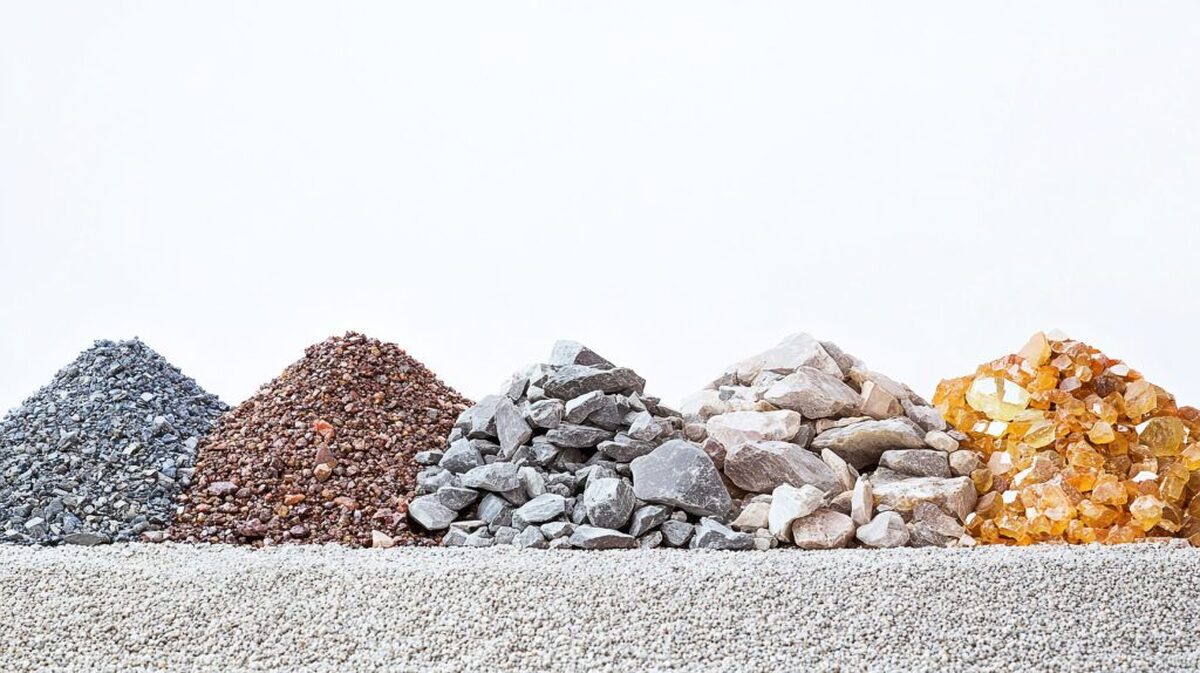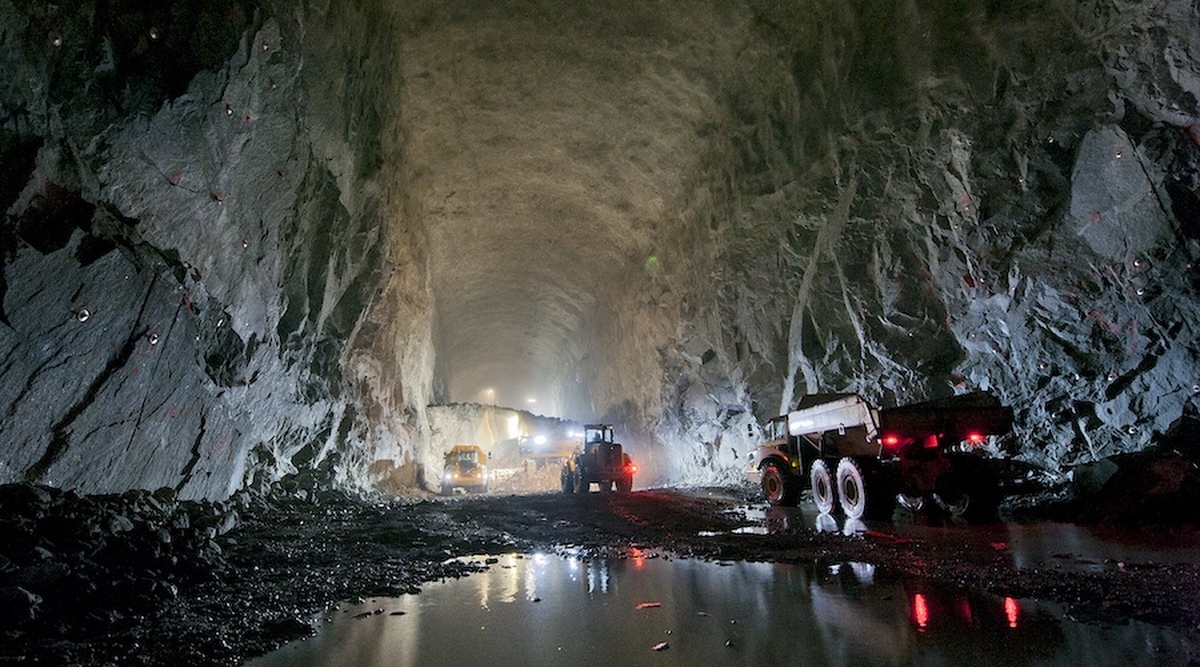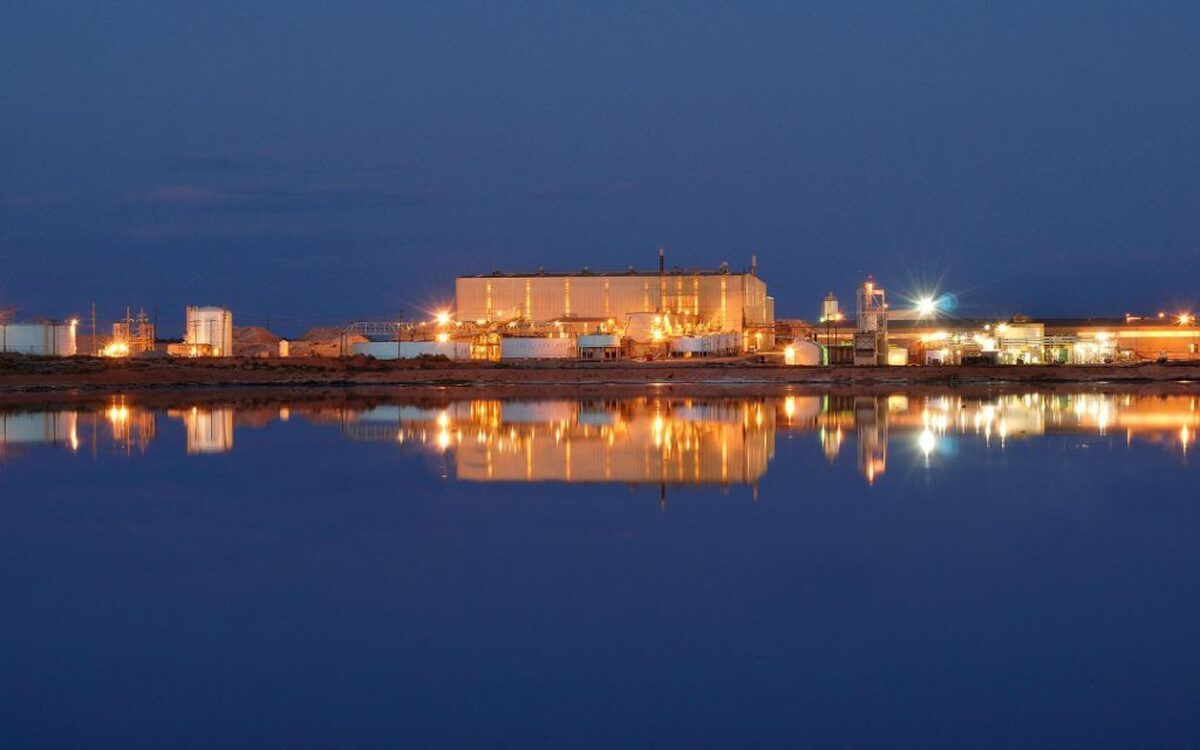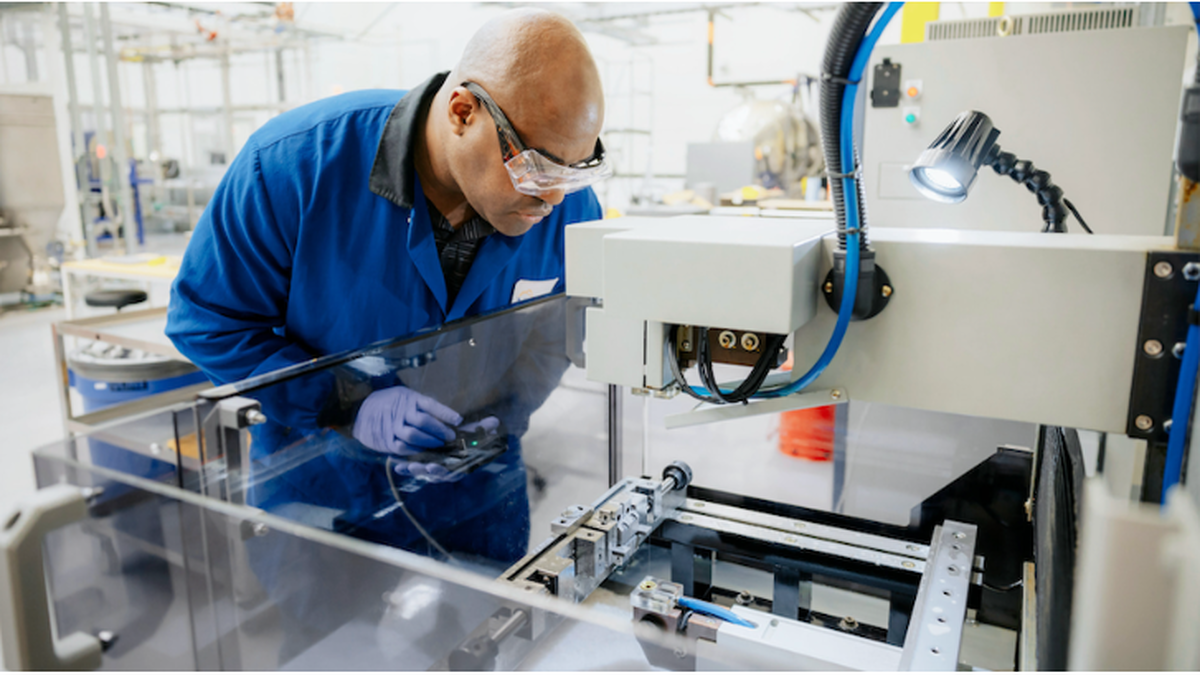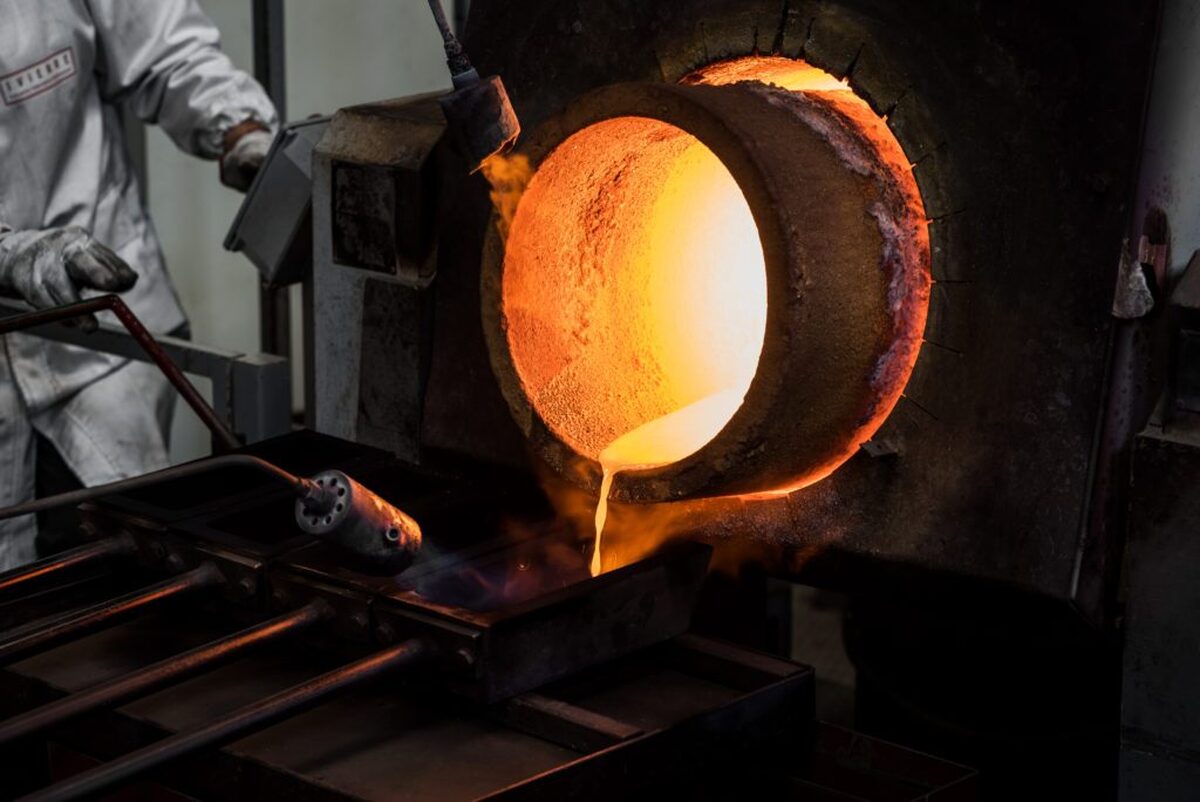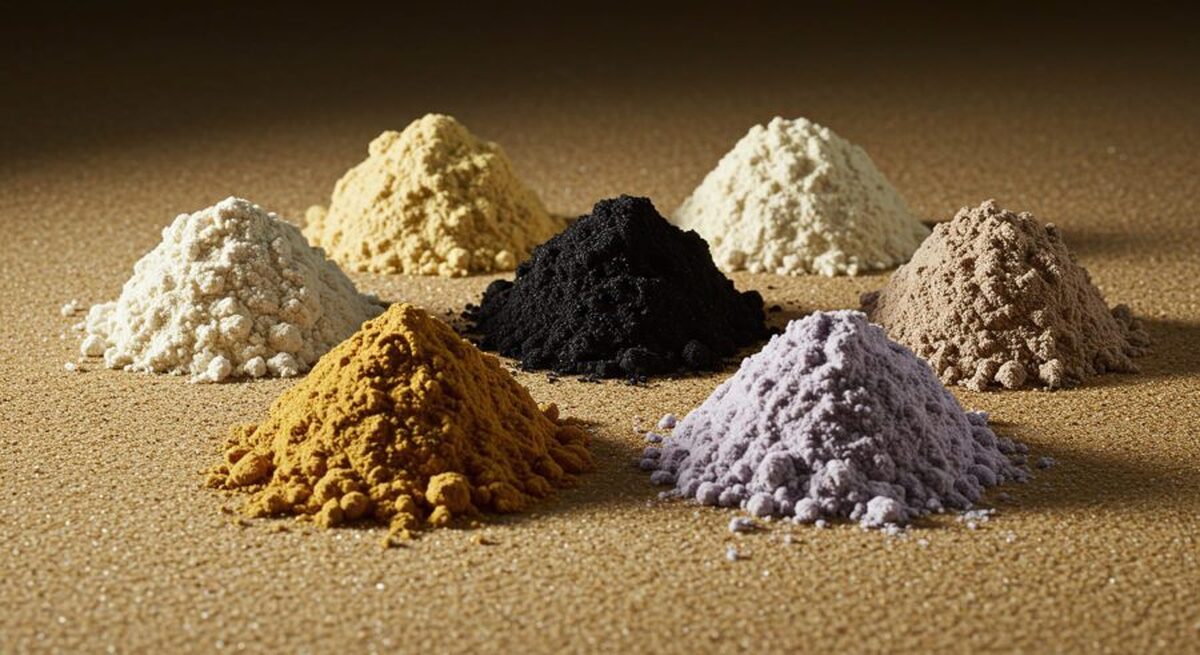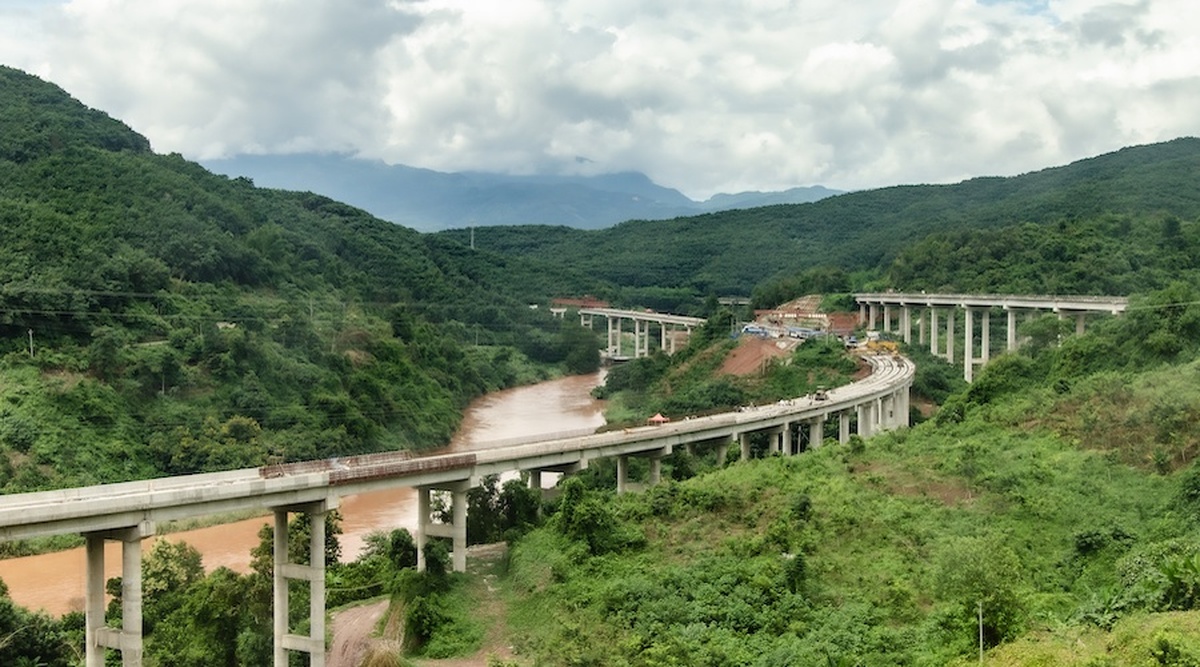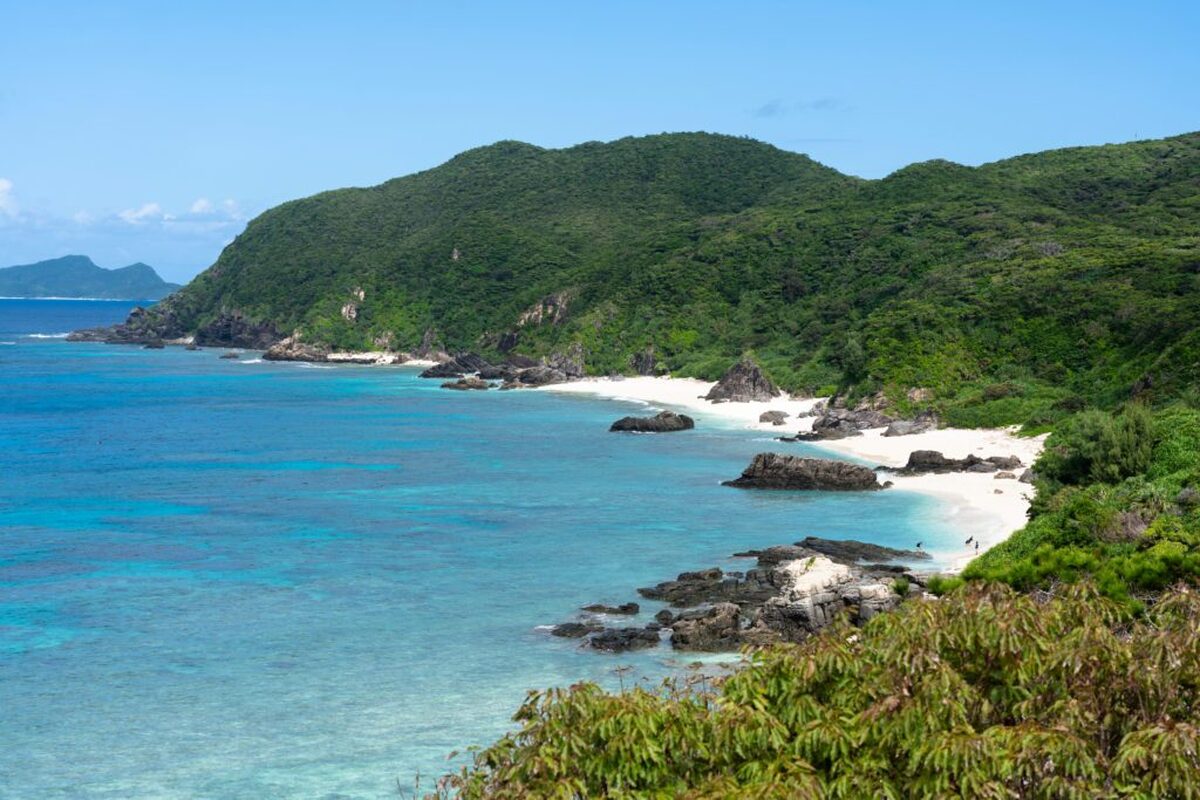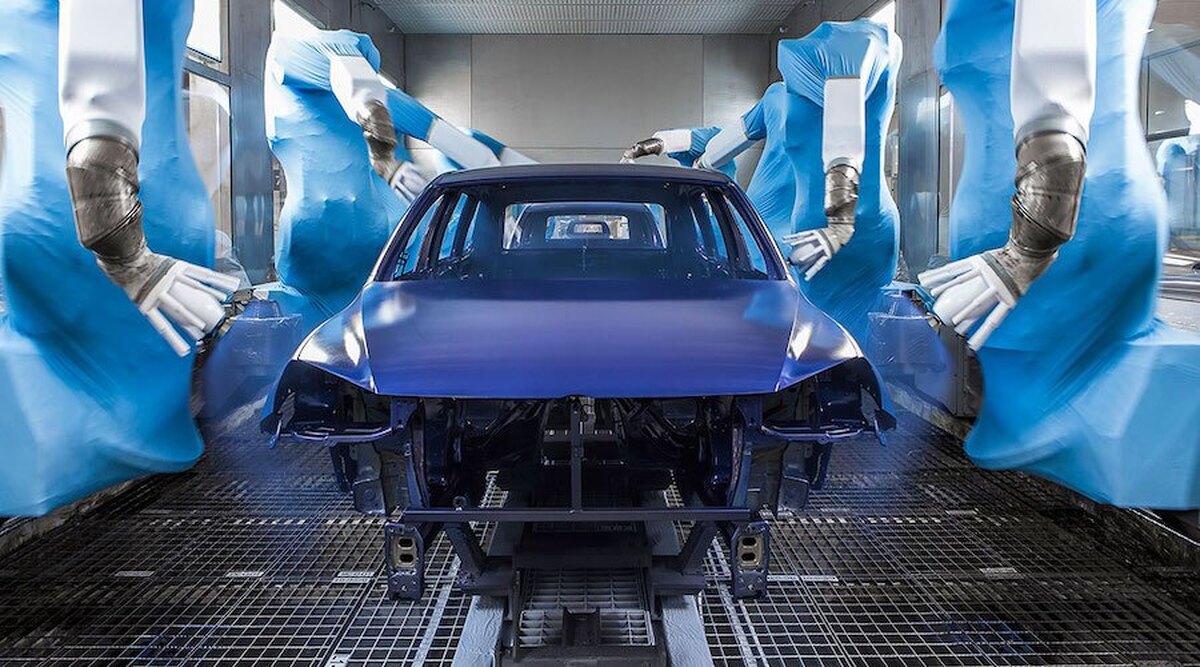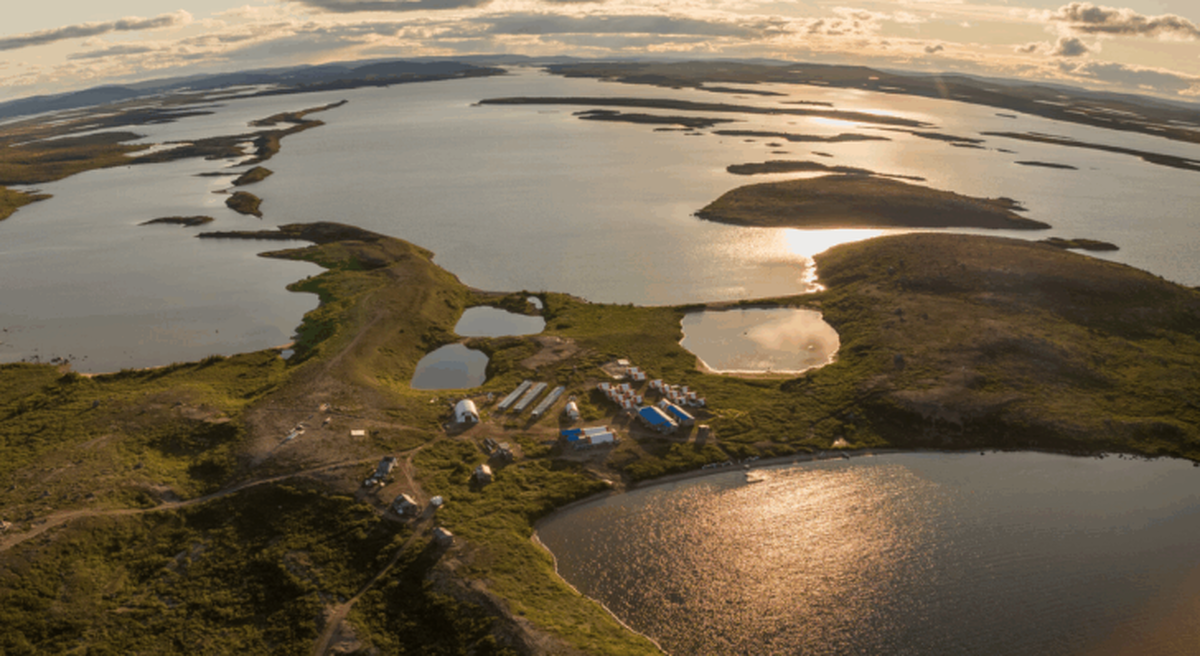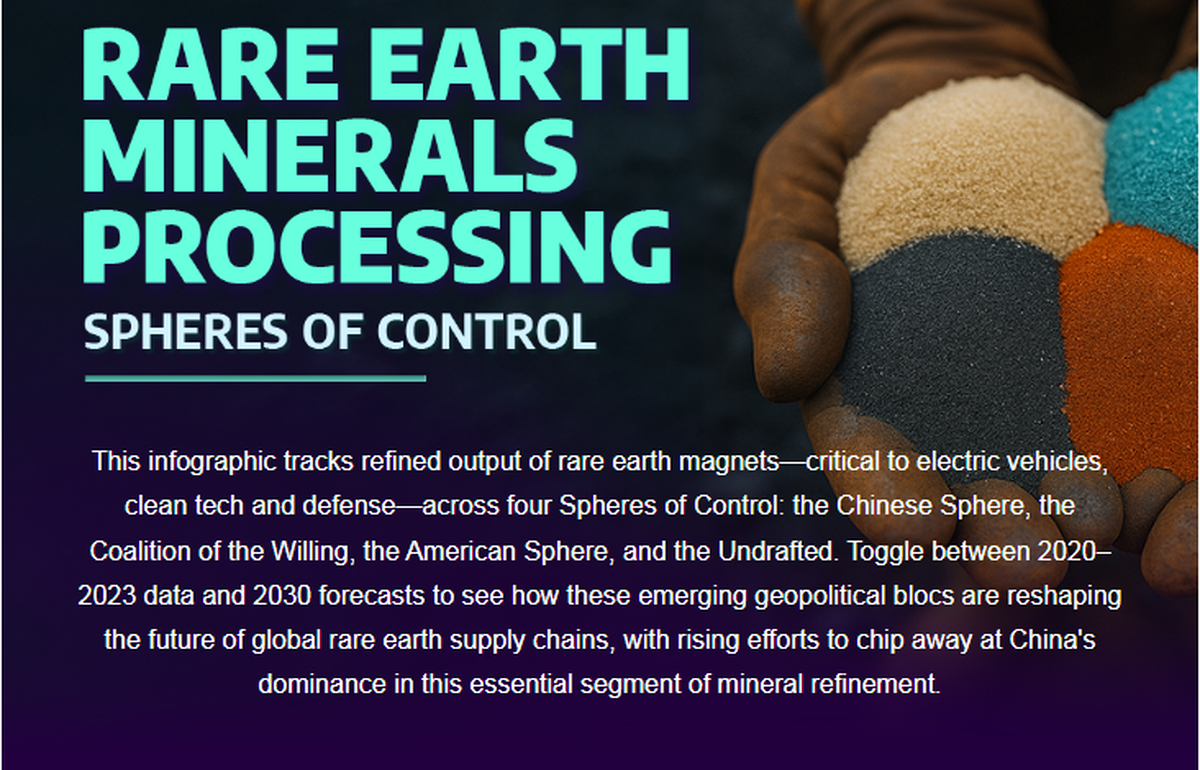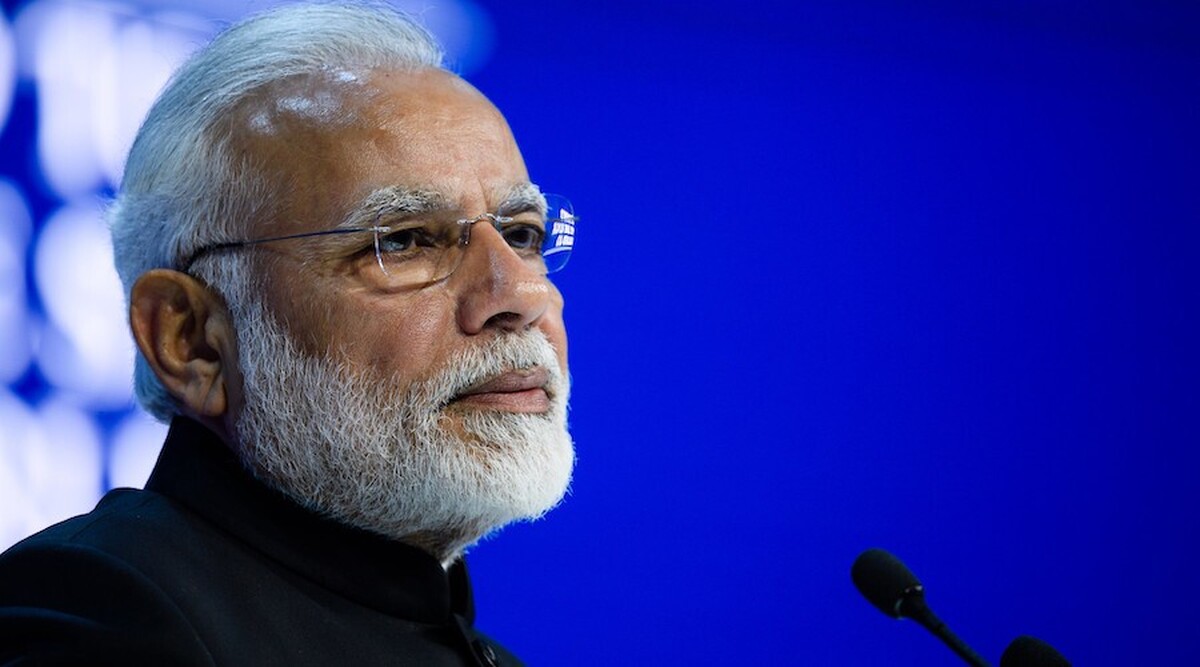
Aclara Resources, Stanford University partner on AI-powered rare earth research
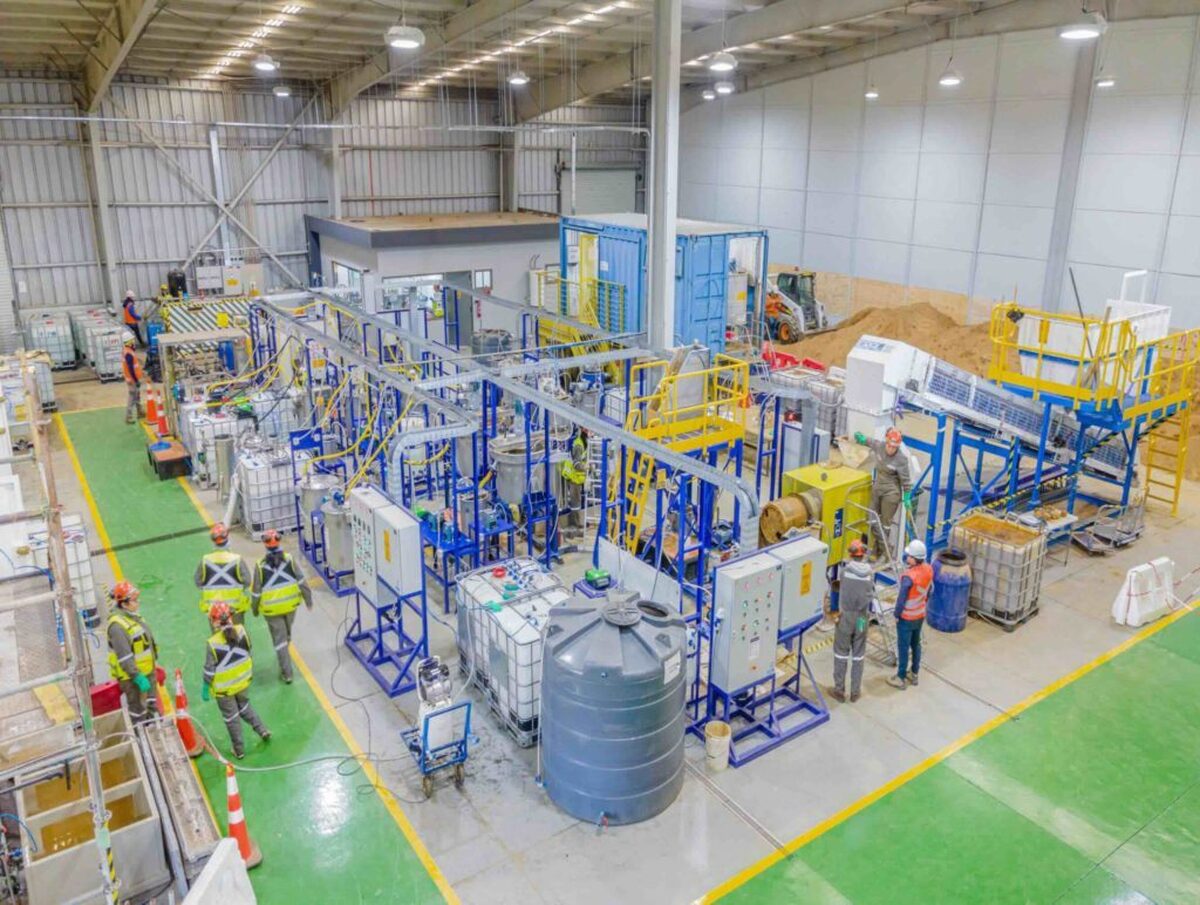
According to me-metals cited from mining.com, The Brazil-focused rare earths developer has said its Carina deposit, in the state of Goiás, could generate 191 tonnes a year of dysprosium (Dy) and terbium (Tb), heavy rare earths used in electric vehicle (EV) manufacturing.
Aclara opened in April its semi-industrial heavy rare earth pilot plant, which it will use to test the production of dysprosium and terbium from ionic clay extracted from its Carina project.
Key objectives
The partnership has been initiated through a long-term letter of intent (LOI) between Aclara Technologies, Aclara’s US-based subsidiary, and Stanford’s Mineral-X research initiative, which is focused on transforming the critical minerals supply chain through advanced technologies, particularly AI, decision science and data science.
The agreement, Aclara said, establishes the foundation for a strong academic and technological alliance, aimed at leveraging advanced AI solutions to optimize the HREE supply chain from the ground up—starting with exploration and continuing through processing and supply chain integration.
The academic and technical exchange between researchers and professionals from both institutions will focus on joint development of AI-powered predictive models to better understand and target REE mineralization in regolith and ionic clays.
Aclara, which updated last year the preliminary economic assessment for its regolith-hosted ion adsorption clay project, pegs its net present value at $1.5 billion, at an 8% discount rate, and an internal rate of return (IRR) of 27% over the 22-year mine life.
The research begins a roadmap for a long-term strategic alliance, including future R&D initiatives and pilot projects, the company said.
“This partnership with Stanford’s Mineral-X reinforces our commitment to innovation and leadership in the global rare earth supply chain,” Aclara CEO Ramón Barúa said in a news release.
“By embedding Aclara into Silicon Valley’s innovation ecosystem and combining our expertise in heavy rare earths with Mineral-X’s advanced AI technologies, we aim to jointly develop smarter, cleaner, and more secure solutions that strengthen the resilience of alternative supply chains.”
“The world-class data science and geoscience team at Aclara brings the highest professional experience in REE exploration and resource appraisal,” Jef Caers, founder of Mineral-X and Professor of Earth & Planetary Sciences at the Stanford Doerr School of Sustainability, said in the statement.
“Mineral-X is looking forward to pushing the boundary on the predictive capacity of the human-in-loop data science and AI, thereby making the exploration enterprise more efficient, more targeted and less expensive.”
Aclara, whose research team is based in Chile, has said it plans to begin rare earth production in Brazil in 2027.
source: mining.com


Energy Fuels soars on Vulcan Elements partnership

China extends rare earth controls to imported material

Galan Lithium proceeds with $13M financing for Argentina project

Northern Dynasty sticks to proposal in battle to lift Pebble mine veto
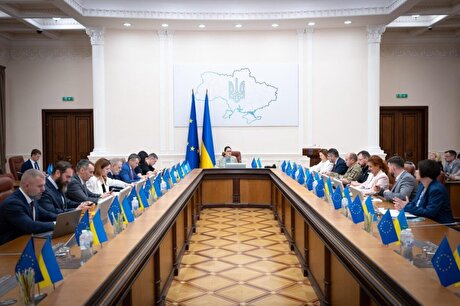
Ukraine launches tender for major lithium deposit

KoBold Metals granted lithium exploration rights in Congo

Freeport Indonesia to wrap up Gresik plant repairs by early September

Critical Metals signs agreement to supply rare earth to US government-funded facility

Kyrgyzstan kicks off underground gold mining at Kumtor
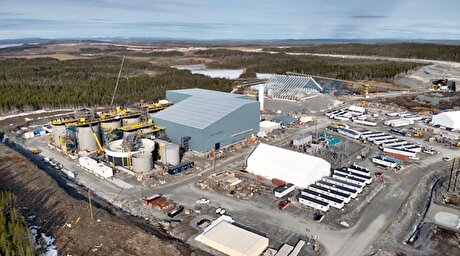
Equinox Gold kicks off ore processing at Valentine mine

India considers easing restrictions on gold in pension funds
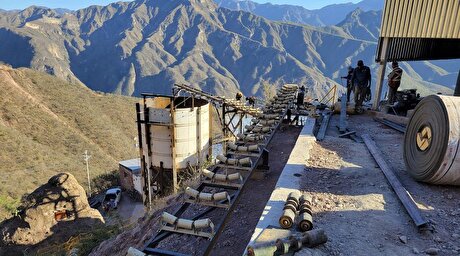
Luca Mining expands Tahuehueto mine with Fresnillo land deal

Kyrgyzstan kicks off underground gold mining at Kumtor

Ukraine launches tender for major lithium deposit

KoBold Metals granted lithium exploration rights in Congo

Freeport Indonesia to wrap up Gresik plant repairs by early September

Energy Fuels soars on Vulcan Elements partnership

Northern Dynasty sticks to proposal in battle to lift Pebble mine veto

Giustra-backed mining firm teams up with informal miners in Colombia

India considers easing restrictions on gold in pension funds

Luca Mining expands Tahuehueto mine with Fresnillo land deal

Kyrgyzstan kicks off underground gold mining at Kumtor

Ukraine launches tender for major lithium deposit

Freeport Indonesia to wrap up Gresik plant repairs by early September

Energy Fuels soars on Vulcan Elements partnership

Northern Dynasty sticks to proposal in battle to lift Pebble mine veto

Giustra-backed mining firm teams up with informal miners in Colombia

Critical Metals signs agreement to supply rare earth to US government-funded facility

